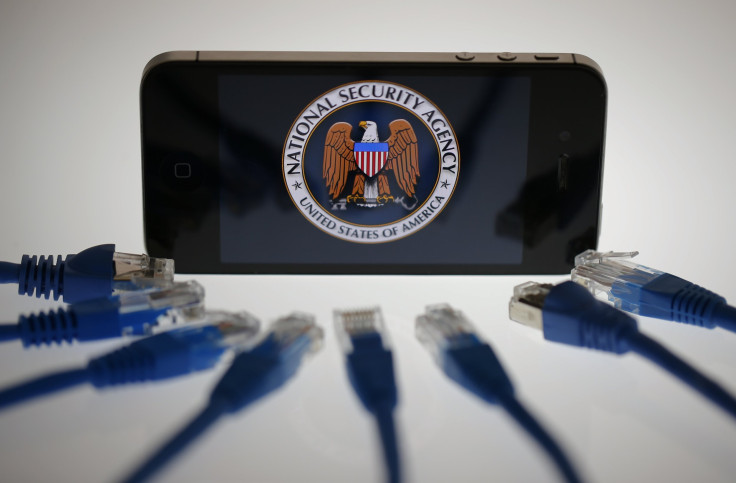NSA FISA Surveillance: House Upholds Metadata Program In Close Vote

Less than two months after Edward Snowden revealed the U.S. government’s bulk secret metadata collection program by leaking classified documents, the House of Representatives on Wednesday narrowly defeated a measure that would have halted the National Security Agency program immediately -- but opponents of the metadata program say the closeness of the vote means the issue will not go away. The vote was 217 to 205.
Since the NSA program about which Snowden leaked information collects metadata on all Americans’ phone calls, lawmakers on both sides of the aisle have expressed worries about the scope of the government’s surveillance activity and expressed a desire to see the program scaled back. This vote allowed members to register their concern about the program, which many members argue is outside the bounds of the Patriot Act Section 215, the statute the government cites as granting it authority for the program.
The vote was an initial test of whether Congress will really challenge the National Security Agency’s programs, with some Democrats teaming up with libertarian-leaning Republicans while the leadership in both Houses voted no. Rep. John Conyers, R-Mich., the top ranking Democrat on the Judiciary Committee, said that the closeness of the vote means that Democratic leadership, which supports the White House and the metadata program, are worried. “They were very worried, and the fact that they won this narrowly means they still are worried because this thing isn’t over yet,” said Conyers, who sponsored the measure along with libertarian Republican Rep. Justin Amash of Michigan.
The vote on the Amash-Conyers amendment to the $512.5 billion Defense Appropriations bill would have narrowed the scope of the surveillance program by defunding any collection that does not “pertain to a person who is the subject of an investigation.”
Those in favor of the programs said the amendment was a “knee-jerk reaction” to Snowden’s revelations and would harm national security, while the program’s critics said the amendment would simply bring the NSA’s operations in line with the law. “We are at war,” said Rep. Tom Cotton, R-Ark., urging her colleagues to oppose the amendment during a 15-minute floor debate before the vote. “Do not take this tool away from our warriors on the front lines.”
On the other side of the debate, Rep. Jim Sensenbrenner, R-Wis., the author of the Patriot Act, urged his members to bring the surveillance program back in line with what the bill’s authors had intended. “The time has come to stop” the mass collection, said Sensenbrenner. “We’re here to answer one question for the people we represent,” Amash said on the floor before the vote. “When you had the chance to stand up for Americans’ privacy, did you?”
Leaders on both sides of the aisle opposed the amendment, and according to Conyers, they urged Democrats to stick with the Obama administration and defeat the Amendment. A majority of 111 Democrats supported the amendment along with 94 Republicans.
Whether or not the amendment passed or failed, House members on Wednesday didn’t think the issue would go away. “Whether it passes or fails, I predict we will be revisiting this issue,” Rep. Tom Cole, R-Okla., said before the vote, noting that he doesn’t necessarily believe the NSA’s broad surveillance won’t be reined in at a later date.
© Copyright IBTimes 2024. All rights reserved.












